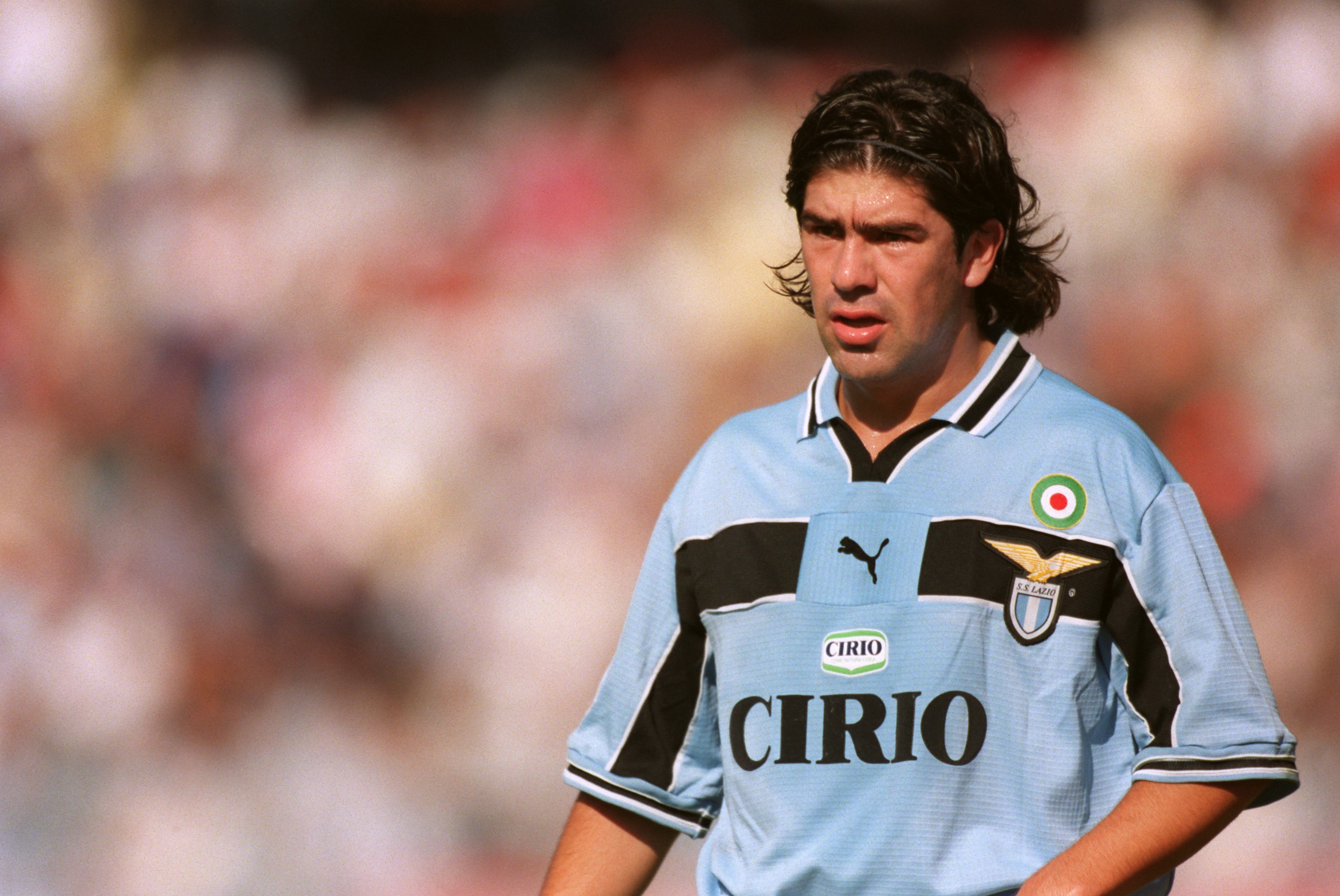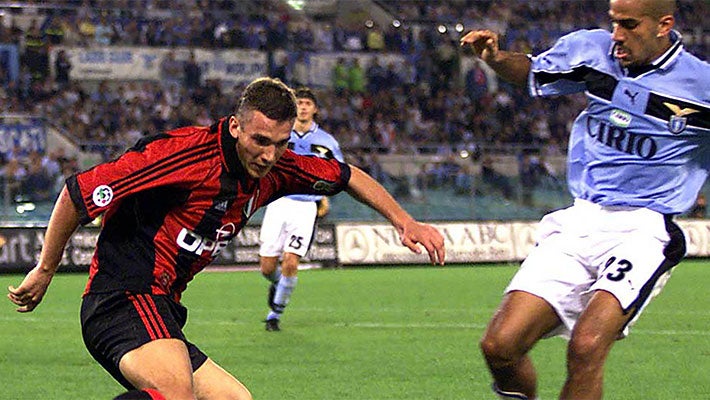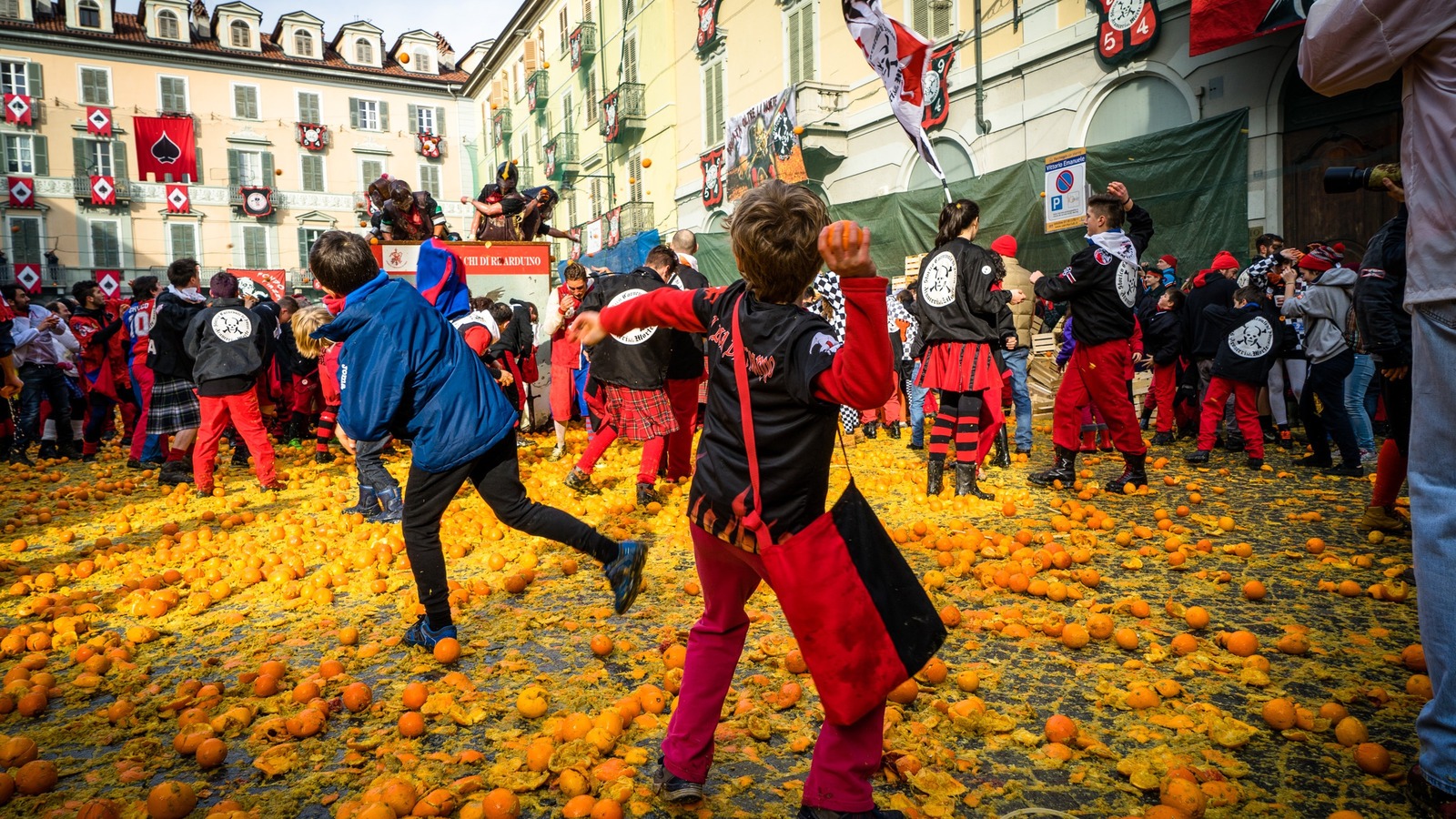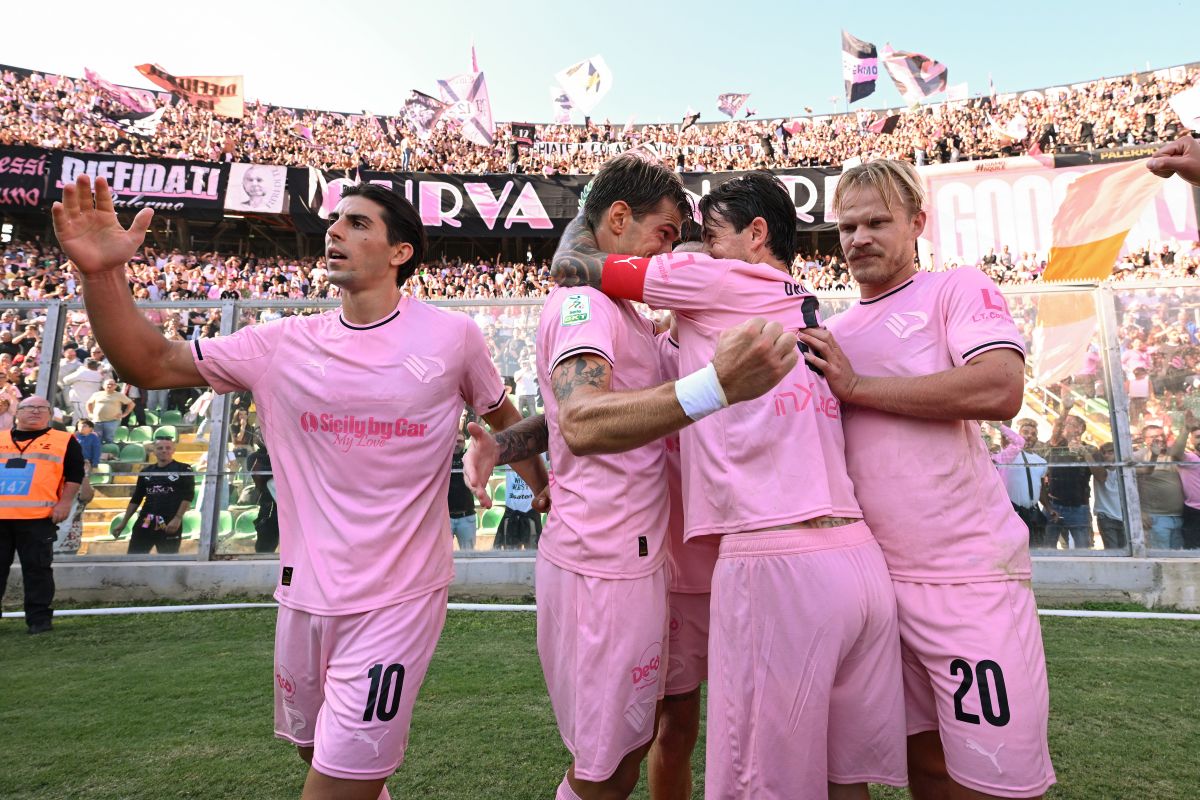
Classic Calcio: Lazio 4-4 AC Milan, October 1999
By Emmet Gates
Despite its position as the best league in the world during the 1980s and 1990s, Serie A was typecast as a ‘defensive’ league. For the most part this was true; defence was the priority and not losing, rather than winning, for most was the name of the game.
Yet as the 1990s wore on, this mentality shifted, even if the stereotype didn’t. From 1992-93 and the introduction of the backpass rule, the goals-per-game ratio rose steadily throughout the decade and by the time the new millennium came into view Serie A was no longer the catenaccio-influenced league it had been.
No game in the ‘90s encapsulated that shift towards attacking play more than the pulsating 4-4 draw between Lazio and AC Milan on October 3, 1999. Twenty-five years ago, to the day, the reigning and soon-to-be Serie A champions slugged it out in one of the best games not just of the 1999-00 season, but in the history of the league.
This was the first time the two sides had met since both duked it out for the Scudetto the previous spring. In truth, Lazio had been the best side in 1998-99 and should’ve won the title, yet a collapse in early April allowed a fairly ordinary Milan side back into the title race. A draw away to Fiorentina in the penultimate game of the season allowed the Rossoneri to sneak ahead with one game left. A win at home to Parma wasn’t enough, with Milan’s win at Perugia — a team that would repay the favour to the Biancocelesti a year later — bringing the title back to Milan after three years.
Alberto Zaccheroni’s Milan side were a functional side and arguably the weakest title winners of the decade, and their triumph ultimately owed more to Lazio’s late collapse, and a crossbar in Florence, than any brilliance of their own.
Then-Lazio manager Sven-Goran Eriksson had been slowly building a winning mentality at Lazio since arriving in the summer of 1997. The Coppa Italia arrived in his first season and, despite bottling the title int the spring of 1999, they managed to bring home the last-ever Cup Winners’ Cup, beating Real Mallorca at Villa Park.
This was Lazio’s first European trophy and, in addition to winning the 1999 European Super Cup months later, the proof was there that Eriksson was slowly changing the attitude within the club.
Christian Vieri, however, wasn’t willing to hang around and help Lazio finally bring home another Scudetto. The Italian striker continued his vagabond tendencies and joined Inter Milan for a world-record £32m to play alongside Ronaldo and Roberto Baggio. In a rare moment of astuteness from Lazio owner Sergio Cragnotti, the Roman club bought wisely in reinforcing the squad with the Vieri money. Juan Sebastian Veron joined from Parma, as did Argentine compatriot Nestor Sensini. Fellow Argentine Diego Simeone arrived as a counterpart in the Vieri deal and, after chasing Arsenal striker Nicolas Anelka for the duration of the summer, Cragnotti pivoted and signed Simone Inzaghi from Piacenza.
Milan, meanwhile, celebrated winning the title by signing Andriy Shevchenko from Dynamo Kiev for £15m as the beginning of the end dawned for George Weah. Pacey Left-back Serginho and snarling pit-bull of a midfielder called Gennaro Gattuso were also signed to reinforce Zaccheroni’s squad. Yet considering the talent in the league at the time, it was still a team many wouldn’t predict to retain their title.
The two teams met on matchday five, both still unbeaten. Lazio had already secured wins over Cagliari, Torino and Parma, while Milan had beaten Perugia and Bologna, but suffered setbacks against Bari and Lecce, drawing two very winnable games.
Shevchenko had scored on his debut, but Milan’s leaky defence was beginning to show signs it wouldn’t be able to stop shipping in goals.
For Lazio, Veron was already proving he was a masterstroke of a signing, scoring twice inside the opening four games, while the less-heralded Inzaghi brother was chipping in with important goals.
Going into the start of October, both sides sat inside the top four, and the number four would come to define this game.
Eriksson set Lazio up in a 4-4-2 system, but with the Swede giving Veron the license to roam, while Zaccheroni utilised his customary 3-5-2 that had secured the title the season before. The Stadio Olimpico wasn’t a sell-out, with just over 56,000 fans inside the arena, but as fireworks cackled from the stands, they were soon about to do the same on the pitch.
The opening exchanges were frenetic, but neither side had been able to test either Christian Abbiati or Luca Marchegiani in goal. The ball ping-ponged back and forth until Lazio took the lead just on the 20-minute mark.
Alen Boksic, in his final season with the club, received a long ball over the top from left-back Giuseppe Favalli down the channel. The Croat controlled it and was now in a duel with Roberto Ayala, who was in the middle of his largely-forgotten spell with the Rossoneri.
Boksic rounded him with an ease that must’ve given the rugged Argentine defender nightmares following the game and entered into the penalty box. He twisted and turned past Alessandro Costacurta before chipping the ball across to the far side of the box for Sergio Conceicao, who in-turn volleyed the pass back whence it came.
The high-ball was headed out to the feet of Ayala, who inexplicably let it run past him, allowing Veron to smash the ball into the ground and past Abbiati in a flash.
It was a terrible 90 seconds for a man who finished his career on 115 caps for Argentina.
It was also Veron’s third goal in five games, and Lazio fans were starting to forget about Vieri’s departure very quickly.

Amid the smoke produced by fireworks and flares, the intensity of the game didn’t let up, but chances were few and far between until Milan surprisingly equalised 10 minutes before half-time. Demetrio Albertini worked the ball to Paolo Maldini down Milan’s left-hand side, the captain raked a pass upfield to the feet of Shevchenko, who then spurn and fed a rampaging Serginho down the left-hand channel. The Brazilian had the beating of Giuseppe Pancaro and marched into the penalty box. His cross found Weah, but the Liberian’s strike wasn’t the cleanest, with the ball hitting his heel — and Sinisa Mihajlovic’s head — before bobbling into the net. It’s not a goal Weah’s likely to recall with any great clarity.
Yet Milan’s leveller quietened the din of the Lazio fans, who up to that point had made a constant noise. Boksic tried his best to restore said din when he forced Abbiati into a fine save following Marcelo Salas’ neatly-worked through ball. The resulting corner from Mihajlovic was contested between Simeone and Abbiati, but the Milan goalkeeper managed to push the ball into his own net. Two own goals in the space of two minutes, cue the Olimpico returning to its previous decibels.
Two minutes later came the best goal of the eight, and it gave Lazio a two-goal advantage.
Salas and Boksic were causing Milan’s defence havoc by swapping positions. The former would drop into pockets of space and the latter would then make a run in behind, and vice versa.
Maldini touched the ball out for a Lazio throw, and Salas received the ball from Pancaro in the Milan third. The Chilean slid a pass to the running Boksic down the right-hand side but continued his own journey into the box.
The Croat laid the ball off to Conceicao, and the Portuguese winger — an underrated asset during the title-winning campaign — delivered a textbook cross for Salas, who ghosted behind Ayala to plant — in the greatest sense of the word — a sumptuous header past Abbiati and into the corner of the net.
This was the Chilean at the peak of his bullish powers. Salas had a claim to be the best header of a ball in world football at the turn of the century. He would contribute 12 goals to the Scudetto cause, but would never reach double figures in Serie A again. Vieri’s departure meant the attack revolved around him and, for one season only, formed a devastating partnership with Boksic.
The quality of the game was, even by the standard of the time, remarkably high. Veron and Mihajlovic were stroking the ball from one side of the pitch to the next with such elegant ease. Yet even at 3-1 down Milan weren’t out of the game, and Shevchenko pulled a goal back just before half-time.
The mostly-forgotten Andres Guglielminpietro, otherwise known as Guly, drifted in off the right-hand side and attempted to feed Shevchenko, who had drifted out to the right in order to find some space. The Ukrainian maestro had been on the periphery of the game for the most part, but now wanted to make up for lost time.
Guly’s attempt was blocked by Mihajlovic, but got a second attempt and pushed the ball out to Shevchenko. The surface had just enough water on it that the ball slicked past Favalli, and the man legendary Milan commentator Carlo Pellegatti christened The Nightingale of Kiev was in.
Shevchenko narrowed in on goal and Marchegiani raced out to meet him, but his second touch was a little heavy and, as he rounded the goalkeeper, the angle narrowed. Showing glimpses of the world-class performer he would eventually morph into, Milan’s No 7 did not hesitate and smashed the ball into the net via the underside of the crossbar in one, almost-fluid like motion.
It was his third goal in five games since joining, and there would be many more to come over the next seven years.
Half-time brought a brief respite from the relentless, but it didn’t last long as immediately Lazio broke up the pitch and Veron’s cross found Conceicao, who opted to shoot first-time, but his shot was wild and flashed high over the ball. But it set the tone.
Veron’s influence was massive in the game, and his cross for Salas produced a wonderful diving save from Abbiati, who stretched to push the header around the post. Veron’s arrival in Rome would prove to be the difference maker in Lazio going from runners-up to winners, and this was at a time when he had a claim to being one of the very best midfielders in the world.
Milan then had a chance to get back into the game when a young Massimo Ambrosini slid in a through ball for Weah, who was brought down by Marchegiani for a Milan penalty. In truth the striker went looking for the contact, but a penalty was given, and Shevchenko stepped up to score his second of the game. Keeping track of the score? It’s 3-3.
Yet it wasn’t all square for long as Milan took the lead for the first time in the contest 12 minutes later. Weah, in one of his final great games for the club before he’d lose his place in the starting XI and go out on loan to Chelsea at the beginning of 2000, slipped a through ball into Shevchenko that Pancaro failed to intercept.
The Ukrainian let the ball run across him, before angling his run and hammering home the ball under Marchegiani into the opposing corner. It was brilliant from Shevchenko, and he was well on his way to winning the Capocannoniere title in his first season in Italy, in which he finished above Gabriel Batistuta by a single goal, on 24.
The Olimpico had been silenced once more, but Lazio piled forward in search of an equaliser. Eriksson brought on Roberto Mancini in the hope of rescuing a point, and the veteran thought he had, when he nodded on Mihajlovic’s corner towards goal only for Abbiati to make a brilliant save on the goal line. The young Italian goalkeeper had kept Lazio at bay, for a brief moment.
Eriksson had replaced Boksic with Inzaghi, and Conceicao’s cross found the current Inter boss alone in the penalty area after he’d spun behind the Milan defence. Inzaghi was bundled over by Ayala, but managed to poke the ball to the onrushing Veron on the right-wing, who picked out Salas in the centre of the box unmarked.
The Chilean opened up his body and placed the ball into the corner of the net to make it 4-4, and restored the atmosphere inside the Olimpico.
There was still 15 minutes left for either side to earn the three points, but it stayed a stalemate. Lazio looked the more likely to win it, with Mancini and Inzaghi forcing saves further from Abbiati, and it looked like Salas was going to emulate Shevchenko and bag a hat-trick of his own, only for his diving header from a Mihajlovic corner saved in the dying seconds of the game.

With one final corner Mihajlovic, possessing one of the greatest left-foot deliveries in the history of the game, went for glory. The ball was arching into the top corner of Abbiati’s goal, only for the 22-year-old to produce yet another remarkable save, catapulting himself backwards and ending up tangled in netting.
Yet he prevented a goal and kept Milan in the game.
Referee Livio Bazzoli finally blew the whistle on of the all-time Serie A classics. The Stadio Olimpico wasn’t sold out, but all fans in attendance stood up to applaud what had just transpired. The next morning, La Gazzetta dello Sport was equally impressed with what had taken place in the capital, with their headline saying: “Lazio-Milan, Grandi!” The last 4-4 draw in Serie A had come seven years earlier, when Genoa and Ancona shared the points. There can be little doubt that fixture didn’t match up to the drama of this one.
A quarter of a century on, it’s still a truly stunning game of football. Shevchenko and Salas sparkled, as did Veron with his array of long-range passing; Conceicao buzzed down the right-hand side; Nesta, Maldini, Costacurta and Mihajlovic gave hardened performances in defence.
The pace of the game was relentless, but not at the expense of the quality, which encapsulated just how high the standard was in Serie A at the time, the greatest league in the history of the sport.
Lazio would lose only four games all season and win the Scudetto on one of the most legendary final days in the league’s history, when a deluge in Perugia helped I Grifoni seal a 1-0 win over Carlo Ancelotti’s Juventus and bring the title south to Rome for the first time since Roma had triumphed in 1983.
It was the pinnacle of Eriksson’s reign as Lazio boss. A Coppa Italia win over Inter followed and Lazio had achieved a domestic double, a feat rarely seen in the Italian game up to that point. The last had been Juventus in 1994-95, and it wouldn’t be achieved again until Inter some 10 years later under Jose Mourinho.
Milan finished third, but a distance behind Juve and Lazio. This was a Milan squad in between two stools: there were remnants of the dominant Fabio Capello era in players like Maldini, Albertini, Costacurta and Weah, but with a sprinkling of talent who would become mainstays under Ancelotti in the mid-2000s like Shevchenko, Gattuso, Serginho and Abbiati.
Milan wouldn’t win another trophy until the 2003 Champions League, by which point Eriksson had departed for the England national team job and Lazio were on the verge of bankruptcy. Cragnotti would be forced to give up Lazio amid spiralling debt after years of reckless spending. But for a short time, Lazio played with the big boys of the Italian game, and how special it was.
Related Articles
Related Articles
Football rivalries, world-class sport, surreal carnivals, and a tradition you won’t find anywhere else. Five events to catch in February.
In the latest edition of My Town, My Team, Napoli fan Alex told us why everybody should visit Naples at least once.
Sampdoria against Palermo at the Stadio Luigi Ferraris is just one of the standout matches to be shown live on Destination Calcio TV.





